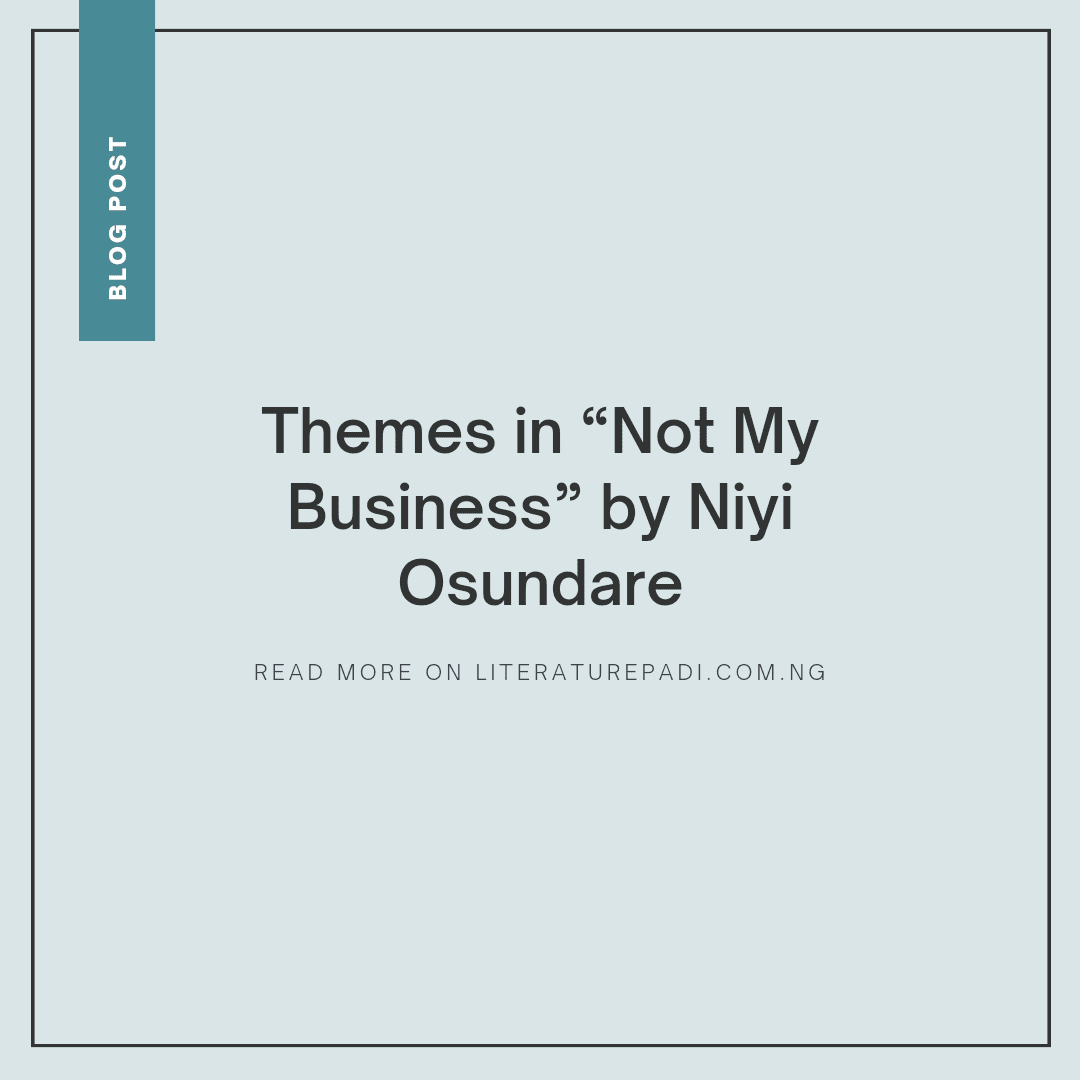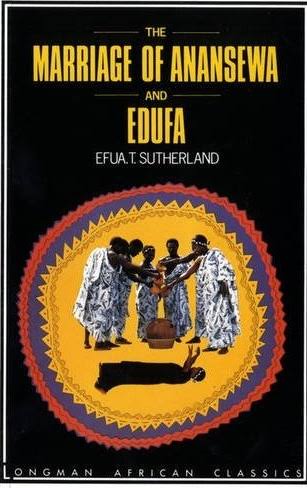There are three dominant themes conveyed in Niyi Osundare’s “Not My Business.” They are the themes of indifference, suppression and tyranny.
The poem also instills the sense of collectivism which resonates with a Beautiful Nubia line that “if your neighbour is not happy, you will never be at peace.”
Theme of Indifference
The theme of indifference manifests in the poetic persona’s indifference to the brutalities around him.
He does not seem to care about the atrocities meted out by the oppressive government on its citizens. What he does care about is how he sustains himself and makes ends meet.
However, one day, while he sits to eat his “yam,” “the waiting jeep” in its usual silence comes for him too. In other words, the poetic persona falls a victim of the oppression he is so indifferent to.
Many of us are like the poetic persona. We are indifferent to happenings around us, so far we are not affected by the trends. We don’t care and won’t even question what the government does. Some of us even abstain from voting in elections.
However, no matter how much we try to downplay what is required of us in the society, we, every man and woman of us, will all bear the brunt when things go sour. It is one of the reasons Aristotle said “man is a political animal.”
Theme of Suppression
The theme of suppression is very dominant in Niyi Osundare’s “Not My Business.” The beatings, arrests, sacks, maiming, and detentions are all scare tactics meant to intimidate dissent voices into silence.
Suppression manifests in the maltreatment of Akanni, Danladi, Chinwe, and expectedly, the indifferent poetic persona.
The poem establishes suppression as an oppressor’s potent tool to shush murmurs of discontent, and herd dissenting voices into submission.
Theme of Tyranny
The footprints of tyranny is everywhere in the poem. The tyrannical rule is dominated by violence, threat of punishment orchestrated by the dictator using the machinery of the state.
Citizens are arrested, brutalized, and illegally detained. We have in the poem the portrait of a ruler who is an absolute dictator. He is neither constrained by the constitution nor tolerant of dissenting views.
As in the case of Akanni, Danladi and the poetic persona, he unjustly arrests his subjects and subjects them to inhumane conditions.
As in the case of Chinwe, he simply relieves some of his subjects of their jobs.
He wants a hundred percent conformism from his subjects; anything short of which would attract his wrath.
Further Reading:
 WHATSAPP: Click HERE to join the new Literature PADI WhatsApp group to receive latest updates on your phone and for further literary discussions!
WHATSAPP: Click HERE to join the new Literature PADI WhatsApp group to receive latest updates on your phone and for further literary discussions!










